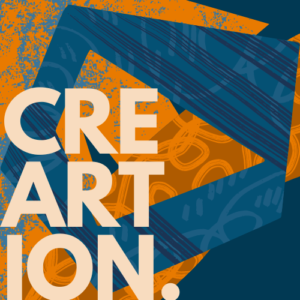Unwrapping the Science of Giving: Why Gifts Make Us Happier
Gift-giving is a universal tradition deeply embedded in various cultures around the world. Whether it’s for birthdays, anniversaries, holidays, or special occasions, the act of giving and receiving gifts brings joy and happiness to both the giver and the recipient.
But have you ever wondered why we find such delight in giving and receiving presents? Let’s unwrap the science behind this phenomenon and understand why gifts make us happier.
The Psychology of Gift-Giving
Gift-giving is not merely an act of exchanging material possessions; it has profound psychological implications. When we give someone a gift, we experience a sense of satisfaction and fulfillment. This positive feeling stems from the act of altruism, which triggers the release of neurotransmitters like dopamine and oxytocin in our brains.
Dopamine, often referred to as the “feel-good” hormone, is associated with pleasure and reward. When we give a gift, our brain’s dopamine system is activated, creating a pleasant sensation. This reinforces our behavior and motivates us to engage in more acts of giving. Additionally, oxytocin, known as the “love hormone,” is released during gift-giving, fostering feelings of trust, empathy, and connection between individuals.
Moreover, the anticipation of giving a gift also contributes to our happiness. The excitement and joy we experience while selecting, wrapping, and imagining the recipient’s reaction activate the brain’s reward center, enhancing our overall well-being.
The Reciprocity of Happiness
Gift-giving is a reciprocal process where both the giver and the recipient experience happiness. When we receive a gift, it triggers a sense of gratitude and appreciation. This emotional response strengthens our social bonds, creating a positive feedback loop. Research has shown that gratitude promotes positive emotions, improves relationships, and increases overall life satisfaction.
On the other hand, when we give a gift and witness the recipient’s happiness, it intensifies our own joy. Seeing their genuine delight and gratitude activates the reward circuitry in our brain, reinforcing the positive emotions associated with gift-giving. This reciprocal exchange of happiness enhances our psychological well-being and fosters a sense of connection with others.
FAQs
Q: Why do gifts make us happy?
A: Gifts make us happy due to the release of neurotransmitters like dopamine and oxytocin in our brains. The act of giving triggers feelings of satisfaction and fulfillment, while receiving a gift elicits gratitude and appreciation, strengthening social bonds.
Q: Can giving gifts improve relationships?
A: Yes, giving gifts can improve relationships. The act of gift-giving fosters trust, empathy, and connection between individuals. It promotes gratitude, positive emotions, and overall life satisfaction, thus strengthening social bonds.
Q: Does the anticipation of giving a gift contribute to happiness?
A: Yes, the anticipation of giving a gift contributes to happiness. The excitement and joy associated with selecting, wrapping, and imagining the recipient’s reaction activate the brain’s reward center, enhancing overall well-being.
Q: Are there any external resources to learn more about the science of gift-giving?
A: Absolutely! If you’re interested in diving deeper into the science of gift-giving, check out this article and study on the topic.
